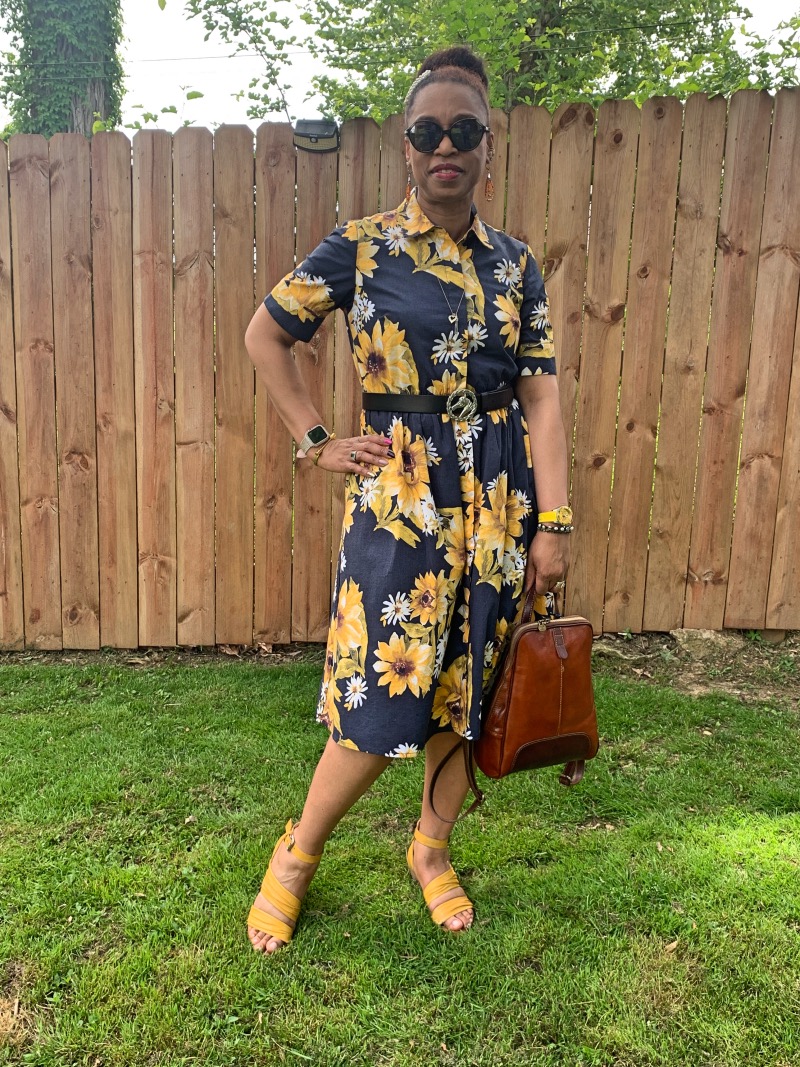Teen anxiety can be an overwhelming and debilitating experience. It can manifest in many ways, from difficulty focusing and restlessness to changes in appetite and sleeping habits. Fortunately, there are effective strategies parents, teachers, and caregivers can use to help teens manage anxiety. This blog post will discuss the importance of therapy, lifestyle changes, and open communication when dealing with teen anxiety.
Why anxiety can be more frequent in teens
Adolescence is a period of intense change in both physical and psychological development. As teens transition to adulthood, they may feel a sense of uncertainty or lack of control over their lives. These feelings of insecurity can cause high levels of anxiety in teens.
Several factors can contribute to anxiety in teens, including changes in hormones, stress from academic pressures or interpersonal conflicts, lack of coping skills, past traumas, and even inherited traits. Teens also face many new social pressures, such as fitting in with peers and being accepted on social media. They may feel overwhelmed by all the new emotions and expectations. This can lead to increased levels of anxiety in teens.
It’s important to note that while some degree of anxiety is normal, extreme anxiety can be problematic and should be addressed with professional help.
Can therapy help?
Therapy is an incredibly important part of managing anxiety in teens, especially when they are struggling with issues that can’t be solved through other means. Therapy can help teach teens how to handle their anxiety more effectively and recognize when their worries are out of proportion to the situation.
Therapy is also beneficial for exploring any underlying causes of the teen’s anxiety and providing the skills and coping mechanisms needed to manage it. In a therapy session, teens can learn different strategies for managing emotions, such as deep breathing and progressive muscle relaxation. Cognitive Behavioral Therapy (CBT) can help teach teens how to think differently about their anxiety and how to reframe their thoughts.
What if therapy isn’t enough?
When therapy alone isn’t enough to manage a teen’s high anxiety, parents may want to consider other options to provide their child with full mental health support. Several options are available, such as residential inpatient treatments or outpatient programs offering comprehensive care for teens and their families.
Residential mental health rehab provides a safe, supervised living environment for teens with severe mental health issues. These centers usually offer group and individual therapy, medication management, and other treatments. They also help teens build strong relationships and teach them healthy coping strategies. In an inpatient setting, teens can benefit from a safe environment to build their defense mechanisms and heal at their own pace without worrying about external stressors.
Maintaining a healthy lifestyle
When it comes to handling anxiety in teens, maintaining a healthy lifestyle is essential. Anxiety can manifest itself in physical and mental symptoms, so it’s important to nurture the body and mind to reduce the severity of those symptoms.
A healthy diet is an important component of managing anxiety. Eating nutrient-rich foods that provide the body with the vitamins and minerals it needs to stay healthy can help boost energy levels and improve mood. Ensure your teen eats plenty of fruits and vegetables, whole grains, lean proteins, and healthy fats such as those found in nuts and fish. Avoid processed and sugary foods as much as possible.
In addition to eating a nutritious diet, physical activity can also help manage anxiety. Exercise releases endorphins that can improve mood, increase energy, and reduce stress. Talk to your teen’s doctor about the most beneficial physical activity. Many teens find that regular aerobic exercise can be helpful in managing their anxiety. Joining a sports team or enrolling in a class that focuses on teaching self-care techniques can also be beneficial.
Finally, consider a sports coach for your teen. A personal trainer can help your teen find a workout that meets their needs but also act as a supportive friend throughout the training. It allows anxious teens to learn new coping strategies in a safe and motivating environment.
Building open communication
As a parent, it’s important to build open communication with your teen to support them during times of high anxiety. Open communication helps teens feel safe talking about their worries and fears without judgment.
– Ask questions: Ask your teen open-ended questions like “How was your day?” or “What’s been on your mind lately?”. This will give them a chance to open up more and tell you how they feel.
– Listen attentively.
– Be understanding: When your teen does open up about their feelings, try to show understanding and empathize with them. Avoid offering advice or trying to “fix” their problems, as this can make them feel unheard and dismissed.
Hopefully, these few strategies can help you and your teen navigates adolescent anxiety safely.





Follow!